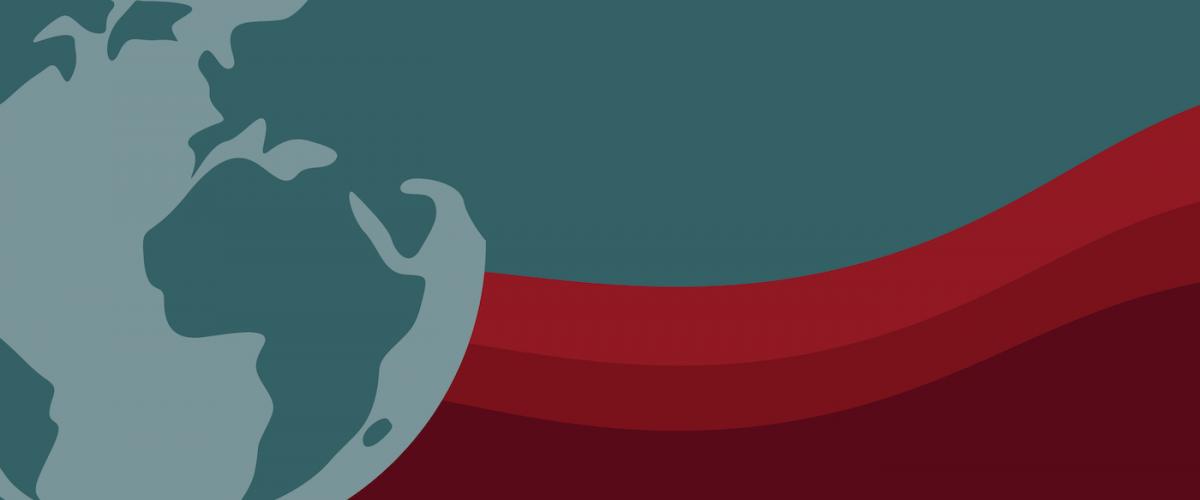Reflections on the 2015 Global Health Institute
Sylvia Wanzala, is a PhD student at the College of Veterinary Medicine, University of Minnesota focusing on Infectious Diseases with the research area of Zoonotic Tuberculosis (Tuberculosis that can be transmitted from animals to humans). She participated in the Global Health Institute in Chiang Mai, Thailand in February 2015.
The Global Health Institute at Chiang Mai University was an incredibly eye opening experience for me. The array of conference topics from improvement of diagnostics in animals and humans to challenges of curriculum development for One Health education all highlighted the importance of global health and the complex interplay between different health systems in various parts of the world. The unique strengths and lessons shared by participants demonstrated that working together is key in addressing the multi-faceted ‘wicked problems’ faced by different nations and health systems worldwide.
For instance, we learned about PODD or Participatory Oriented Disease Detection system that has been piloted by Chiang Mai University together with external donors to get real time disease reporting from the community with the help of local volunteers, university students and faculty. The inter-relatedness of human, animal and environmental health form the backbone of PODD; the team developed a mobile application for community volunteers to report sick or dead animals, changes in food prices at markets and food borne illness. This is an incredible demonstration of how disease reporting for both humans and animals can be done without the use of highly specialized or expensive equipment. It’s working in Chiang Mai and I think it can be a great model for other areas of the world to learn from and possibly implement.
Aside from the conference, we were also treated to a vast array of Thai cuisine; the spice levels for those unfamiliar with Thai cuisine, are very high! For the uninitiated, please have a glass of water close by when taking your first sip of Tom yum soup. The food has intricate art and great detail planned into it. The people are very welcoming and the greeting of ‘Sawadika’ or Hello still lingers in my mind. When greeting, you put your palms together and make a small bow and repeat the saying back.
We were also taken to the Royal Projects; these are village-based community development projects designed as models of alternative economic development for the Thai people. There are demonstration farms set up to show members of the public how land can be best utilized for maximum return. These projects are dotted all over Thailand and have helped improve the viability of the land as well as show that sustainable livelihoods are possible through farming.
The course I took in the second week, Risk Analysis and Food Safety was a great opportunity to learn about different models that can be used to model disease risk not only in food safety but in other areas as well. I was privileged to work alongside executives from the CP (Charoen Pokphand) group – a leading business group in Thailand.
At the end of our time, we were sad to leave after such an incredibly rich cultural experience! There was so much to learn and share. The Global Health Institute is a wonderful opportunity to learn firsthand about global health and meet people engaged in addressing the multifaceted issues surrounding this.
